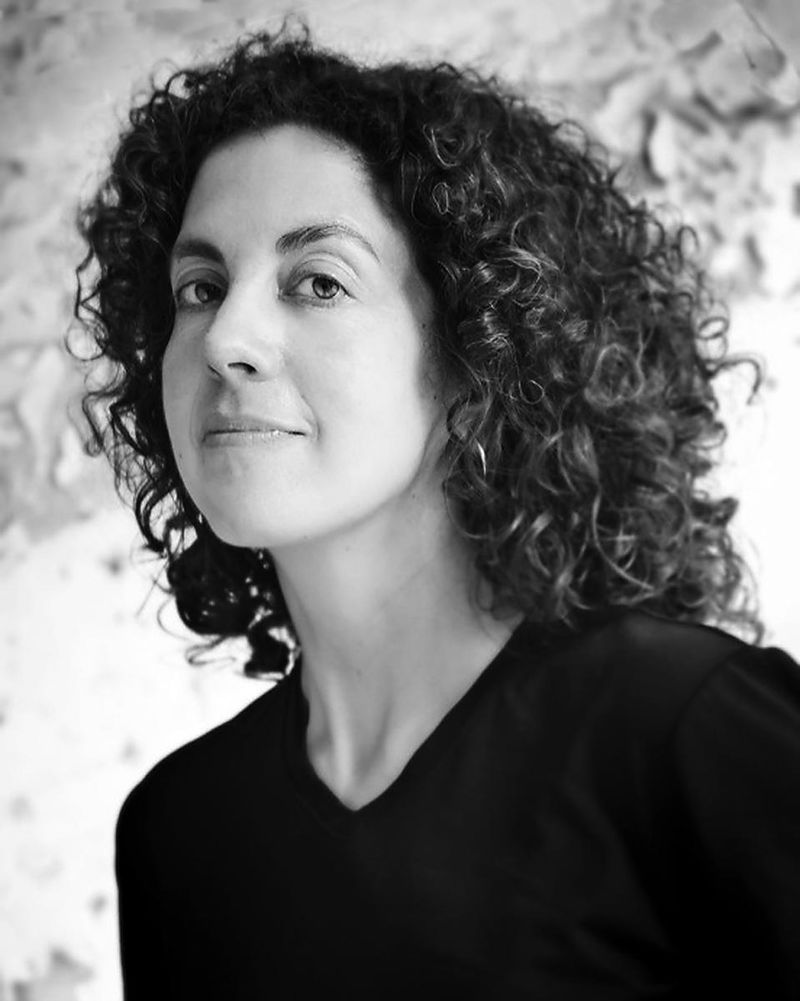Poet and essayist Lia Purpura will be the featured writer at “Earth’s Eye: A Festival of Writing in and of the Natural World” when the program returns to Presque Isle State Park on Sept. 7.
Faculty members from the Bachelor of Fine Arts program at Penn State Erie, The Behrend College, coordinate the festival, which is open to writers of all skill levels. This year’s program will include field work, guided writing exercises, panel discussions and a talk by Purpura, a 2012 Guggenheim fellow whose work has appeared in The New Yorker, The Paris Review, Ploughshares and other magazines.
We asked Purpura for a preview. She talked with us about her writing process, her ability to tune out the noise in today’s culture and why some stories are like children who won’t comb their hair.
Q: One focus of the “Earth’s Eye” program is the need to better tune in to the environment around us. Is that, for you, a matter of simple curiosity? Or is it a disciplined, conscious effort?
A: Those two paths – curiosity and conscious effort – are actually twin impulses. Curiosity is an initial match-strike, that sense of immediate wonder. We all have that sensation. But writers are people who train toward that sensation and work to stay with it and preserve it – in language, by way of further research, and by imagining a world around the sensation.
Q: We live in a noisy, channel-surfing world. Why is it so hard for us to stop and really look?
A: So many of the environments we pass through each day are assaultive. In order to just get through a big box store, we have to shut down our senses, or dull them, and not-hear, not-see. It’s astonishing how much of our perceptive energy is spent on warding-off.
Stopping, looking and feeling takes effort. You have to actively turn from the built environment. You have to actively stop yourself from the ease of Facebook or little hand-held games.
Q: “Earth’s Eye” has been popular with birders and naturalists, who tend to have patience and are practiced observers. Is that an advantage for a writer in search of material?
A: Absolutely. Birders have cultivated that brightened sense of anticipation and the thrill of seeing: not owning, not capturing, but the joy of simply having seen a thing.
Trained observers get excited because they know the language of the thing or creature they’re observing. The nuance is available to them.
Q: When you’re “looking,” are you trying to sponge up the entire experience, or are you seeking out particular details? Do you wait for something to grab you, or do you catalog as much as you can and then return to the notebook as the writing calls for it?
A: I come to an experience in so many different ways: sometimes as an absolute blank slate simply awaiting what comes, sometimes with hopes of discerning X or Y, sometimes searching for and hoping to see a specific thing. Sometimes I’m driven to catalog, and other times I want to note only a few words to later jog my memory. Sometimes I just want to “be” and not write at all, and just allow the spaciousness to work on me.
Wildly unexpected things happen when you’re relaxed and listening and looking. Probably the most important attitude one can have in any environment is one of openness, and the willingness to follow whatever it is that comes forth, rather than feel compelled to “write about nature” because one is in a forest.
Q: What do you do with all that once you are back at your desk?
A: I’m one of those eager-beaver early morning types: Five minutes after waking, with a little coffee, I’m ready to roll. Writing in the morning is my general practice, and that usually works out, but really, life is so busy that if I can’t write in the morning, I’ll work it in later.
I take notes all day. I have pads all over the house, and in bags, and in the car. I have a terrible memory. I have to write everything down.
Q: How do you know when a story is finished?
A: Some essays and poems clearly announce their completion. Others linger on for a very long time and need to cure or age or whatever it is that time does to thought. It’s like being able to read the needs of different kids: This one needs a lot of attention and is loud and demanding and needs to bike off the energy; that one is quiet and independent and reveals herself slowly and should be given books; still another is a huge, energetic mess, but endearing and creative and shouldn’t be forced to comb her hair. You have to adjust to the needs of individual pieces.
Q: Are you ever not writing? Is that time away from the desk productive in its own way?
A: Time away allows for all kinds of secret or unexpected connections to firm up and assert. So I’d agree: Much writing happens when you’re not writing, if you’ve got an active writing life going.
Much of what I hope to teach is how to move through the world like a writer, how to set certain daily practices in motion that keep the senses alert and at the ready.
